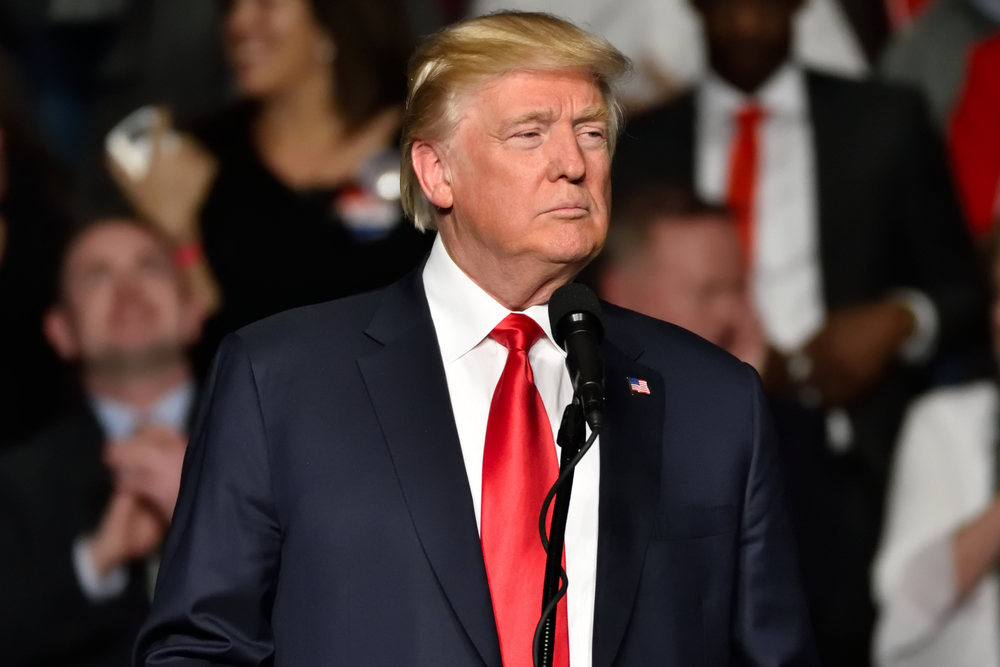The 2024 general election has ushered in a significant shift in U.S. politics, with President-elect Donald Trump securing both the electoral college and popular vote. The Republican Party’s control of the White House, Senate, and House of Representatives sets the stage for potentially transformative policies during Trump’s second term. Investors are watching closely to understand how these changes could impact the economy and equity markets.
Economic Impact Hinges on Policy Scope and Timing
The Trump administration has considerable leeway to implement policies on tariffs, immigration, and deregulation. However, more substantial measures, such as extending or expanding the 2017 tax cuts or making deep budget adjustments, will require congressional approval.
Tariffs and Trade Policy
Proposals like a 60% tariff on Chinese imports or a 10%-20% universal tariff could significantly raise inflation and reduce GDP growth. Legal challenges may temper these measures, but if tariffs coincide with strict immigration reforms, the combined policies could weigh heavily on economic growth.
Tax Cuts and Fiscal Risks
Potential extensions or expansions of the 2017 tax cuts could stimulate growth but may also exacerbate the U.S. debt and deficit. Increased government debt and interest costs could crowd out other spending, creating longer-term economic risks.
Timing Is Critical
The sequencing of policies will be pivotal. If pro-growth measures like tax cuts and deregulation are delayed while disruptive policies are enacted early, the economy could face added pressures.
Potential Equity Sector Winners and Losers
Markets have responded positively to the Republican sweep, but sector performance could vary based on the scope and success of policy implementation.
Energy
- Traditional Energy: Deregulation may benefit the oil and gas sectors, though uncertainties about global demand and potential oversupply could temper gains.
- Natural Gas: Strong demand from Europe and domestic usage in electrification and AI-powered data centers offers growth potential.
- Clean Energy: A rollback of tax credits under the Inflation Reduction Act could challenge the sector, although a full repeal is unlikely given bipartisan benefits.
Defense
- Geopolitical Tensions: Continued robust U.S. defense spending is likely, though European defense stocks may outperform due to NATO-related uncertainties.
- Technological Innovation: Investments in cybersecurity, AI, drones, and other advanced technologies could favor smaller, specialized firms over traditional defense giants.
Technology and Communications
- AI: Favorable policies could boost these industries, alongside reshoring semiconductor production through the CHIPS and Science Act.
- Social Media: Regulatory and antitrust challenges may persist for social media and information-related companies.
Preparing for a Complex Landscape
As Trump’s administration takes shape, the interplay between policy proposals and their implementation will significantly influence economic outcomes and market performance. While opportunities for growth exist—particularly in technology and natural gas—concerns about tariffs, immigration, and fiscal sustainability could temper optimism.
Investors should prepare for a dynamic environment, where navigating these complexities will require careful planning and a focus on sector-specific opportunities.







